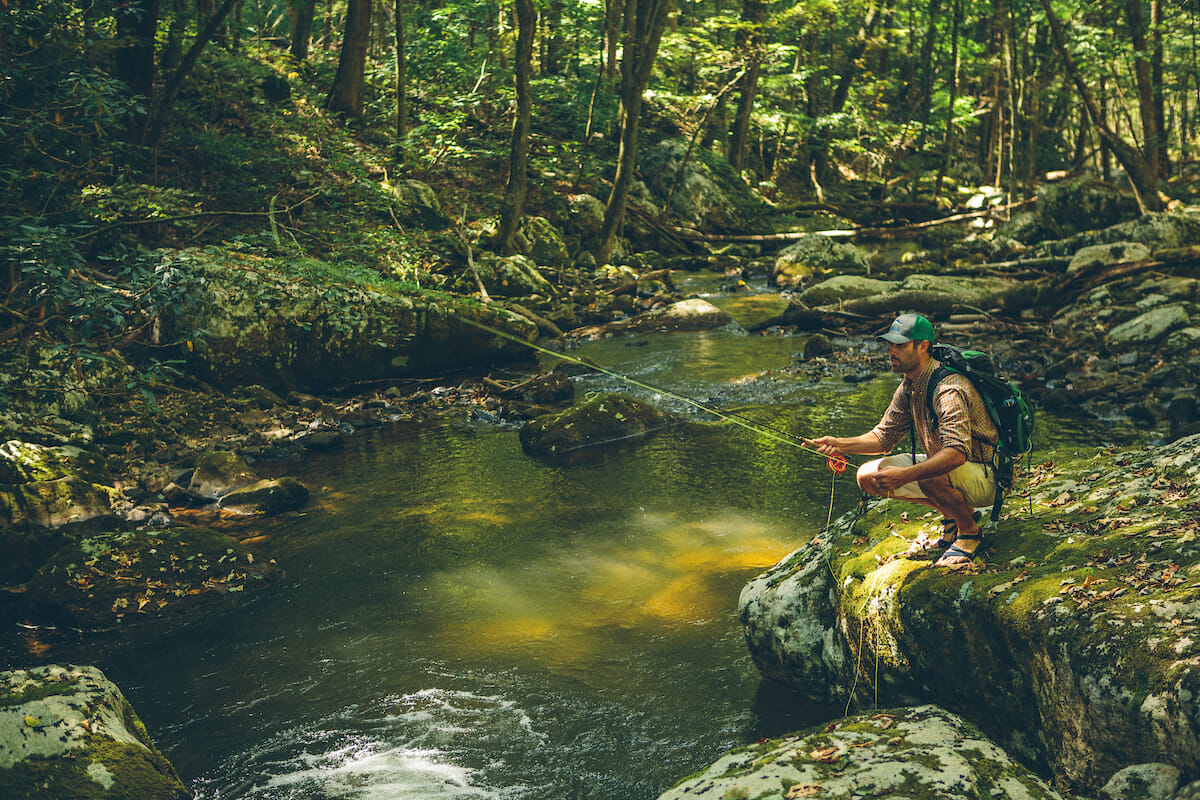From time to time the landline would ring in the Moyer residence in the early 2000s and my wife Michelle would pick up the phone.
A deep southern accent born of the hills of east Tennessee would exchange pleasant greetings with her, and then the request would come: “Darlin, we gotta get your boy workin’. He needs to get up to the Hill and find us some cosponsors for the bill. May I speak to him please?”
With Range, there was usually a task associated with each unique communication. Often, they were not easy tasks to complete.
Michelle will only tolerate being called “darlin” by me, but she didn’t mind it coming from Jim Range. And I have never been called “boy” before or after. They were classic Range terms of endearment, a little hard to understand at the outset of the relationship, but cherished forever once we became good friends.

An award well-deserved but not possible without partners
I was recently extremely fortunate to have received the American Fly Fishing Trade Association’s Jim Range award for conservation at the annual AFFTA trade show in Salt Lake City.
The award, named in Range’s honor after his too-soon passing from cancer in 2009 at the age of 63, puts on full display the tremendous partnerships that TU has enjoyed with AFFTA and its fly fishing industry members, such as Orvis, Simms and Patagonia.
TU’s conservation advocacy skills, and AFFTA’s willingness to be bold partners with us in some of our biggest advocacy campaigns, has paid off handsomely.
Our successes on Bristol Bay, our always vigorous defense of the Clean Water Act and the passage of substantial funding for watershed restoration programs in the two Infrastructure laws of 2022, would not have been possible without the TU/AFFTA partnership.
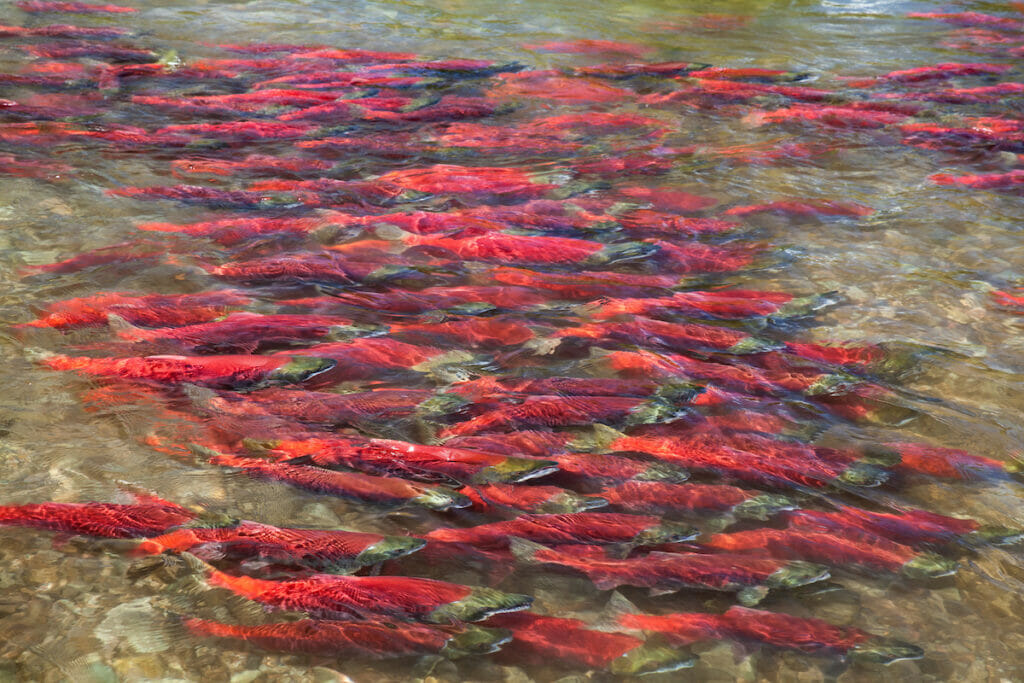
Each one of these campaigns, and many others, had some highs and lows, some long drawn-out battles, and some bumpy roads.
“Campaign fatigue” was a worry of some of our allies, especially on the Bristol Bay campaign. We would joke with some of our best AFFTA member allies, such as Orvis: “The Pebble Partnership (the company trying to develop the mine and win permitting approval) doesn’t seem to be getting fatigued or tired of the fight. Are we getting tired?”
Like TU, AFFTA, Orvis and many others DIDN’T get tired of the battle. They never wavered. Such friends and allies are worth their weight in gold.
Range’s legacy
Range helped expand the relationship between AFFTA and TU. He was one of the most prominent and effective fish and wildlife conservationists of his era. He was as passionate about conservation as any I have ever seen. He didn’t get tired either, and he pushed all of us to work hard, smart and get good stuff done.
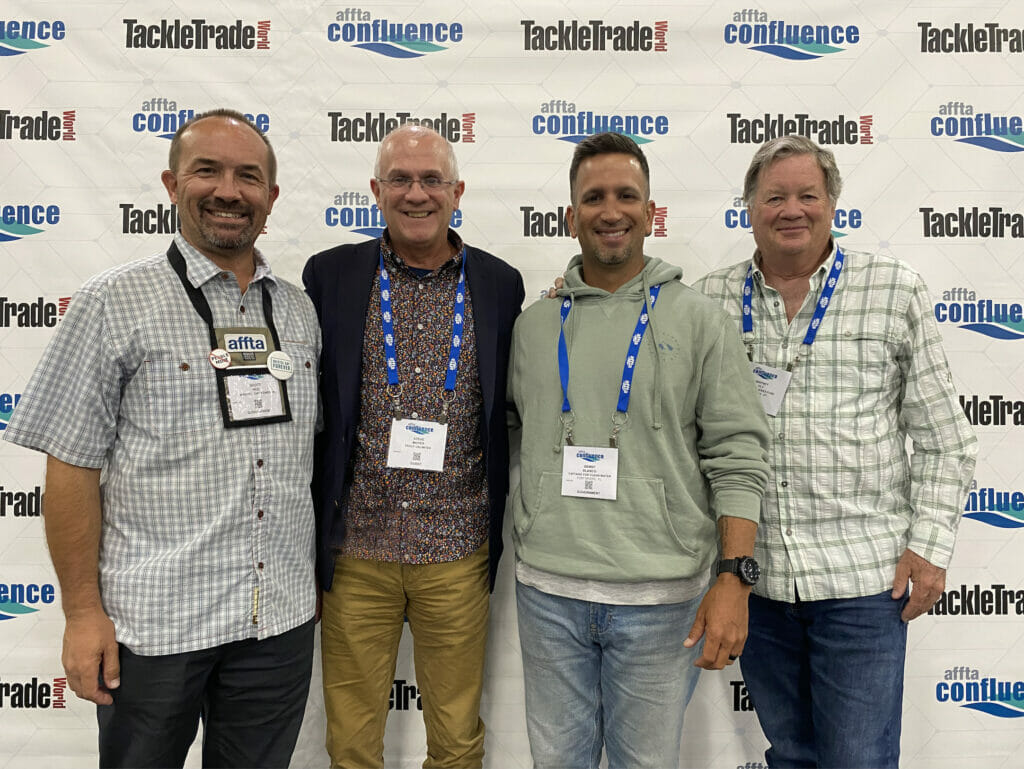
With a wildlife science master’s and law degrees under him, he worked for Republican Senator Howard Baker of Tennessee for a number of critical years in the 1970s and early 1980s, using his high-profile staff roles there to help develop many of the nation’s major environmental laws, including the Clean Water and Endangered Species Act.
When he left the Hill and went to work in Baker’s DC law firm, he used the flexibility of his job to take on a number of positions with fish and wildlife conservation groups, including an accomplished two-term position on TU’s Board of Trustees.
Range loved fishing and everything about it; equipment, guides, beautiful properties along sweet rivers, and of course most importantly, the fish.
He loved AFFTA, and helped it get its advocacy agenda and apparatus established. He chaired its advocacy committee, a role that our CEO Chris Wood fulfills admirably today.
Range taught TU and AFFTA about how to be successfully bipartisan, creatively savvy about advocacy tactics and incredibly stubborn about achieving important goals.
We sometimes approached issues with too practical, small goal approaches. He challenged us to think bigger.
One of Range’s best admonitions was, “Don’t sell short in the land of plenty.” I thought of that line often as TU helped to craft the amazing funding measures in the two infrastructure laws. I think he would be proud of those laws.
Range had a knack for finding the sweet spots in political chaos, those places where a number of competing interests could find common ground to pass practical legislation.
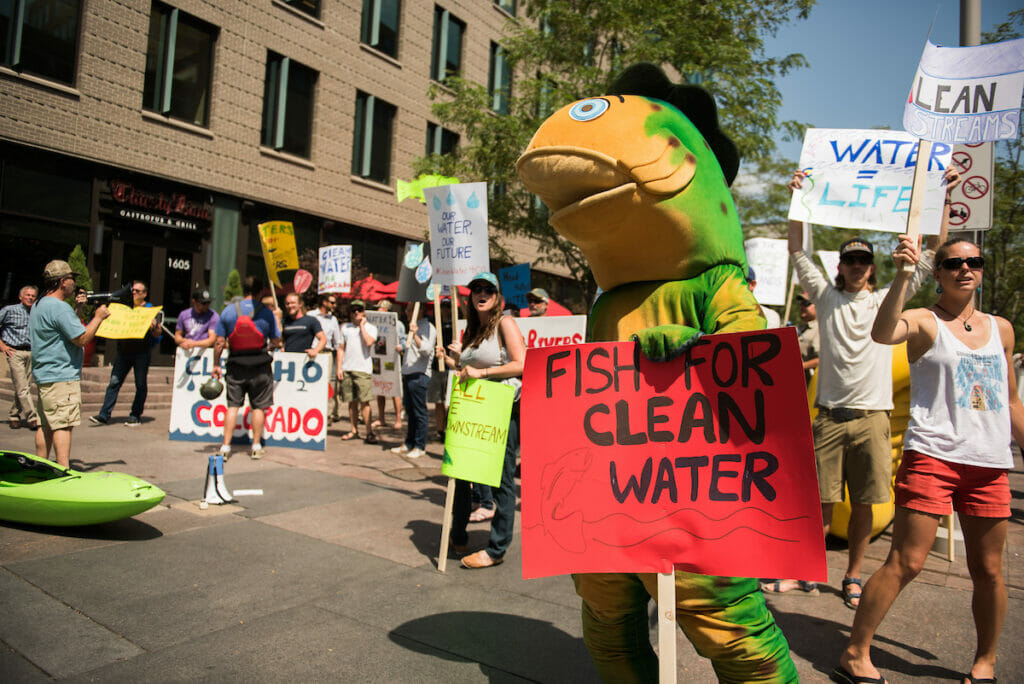
A tough but worthy battle
I found that some of those “sweet” spots were not all that sweet. They were often tough, uncomfortable places to be, politically. My job often was to try and reassure TU’s environmental friends that our sweet spot ideas actually had merit to advance fisheries habitat conservation and would not undercut environmental rules.
It was sometimes not an easy sell.
Davey Martinez, manager of the Washington National, famously said that “Bumpy roads lead to beautiful places” following the Nats’ unlikely 2019 World Series win.
Anglers and conservationists know the truth of this saying deep in our bones. I like to imagine Jim at the end of one of those roads, at a beautiful place, quietly casting a well-tied fly on his beloved Missouri River in Montana.
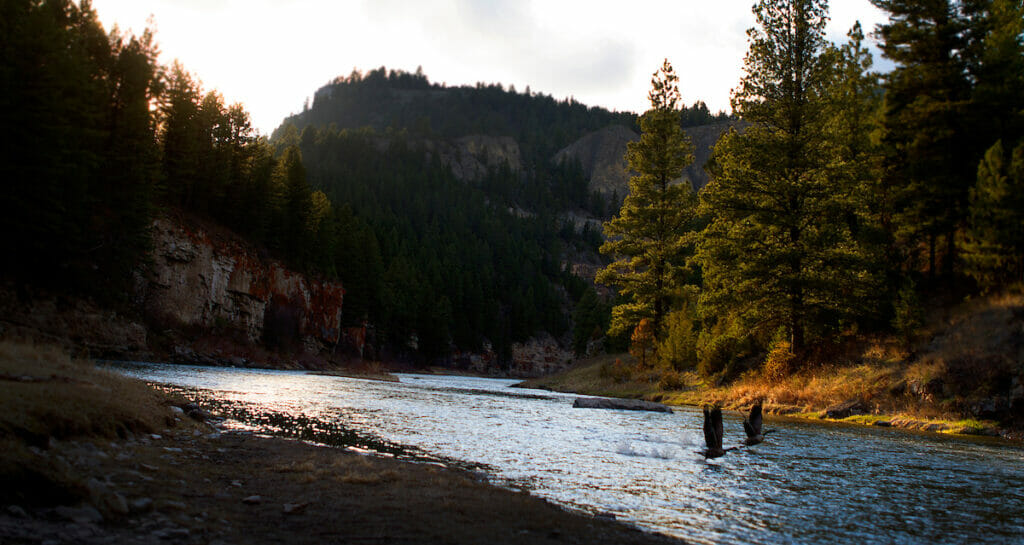
Thanks so much to AFFTA for giving me and TU this award. I am proud to have our names associated with AFFTA and Jim Range.
Steve Moyer recently retired after a long career with Trout Unlimited. Most recently he was TU’s vice president for government relations. He lives in New Hampshire.



